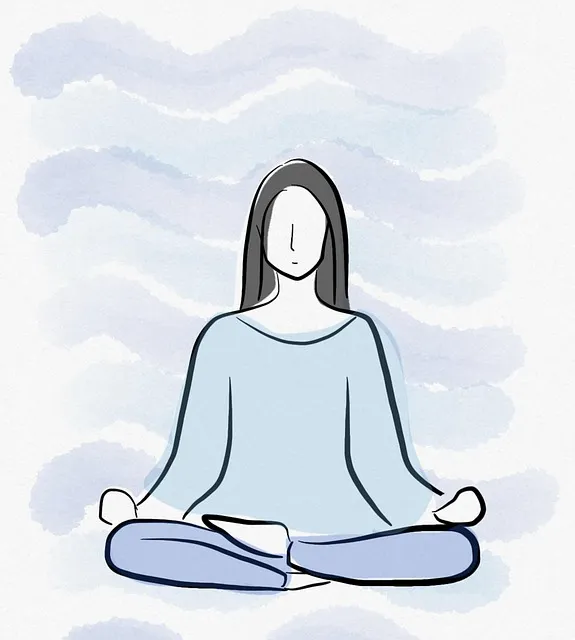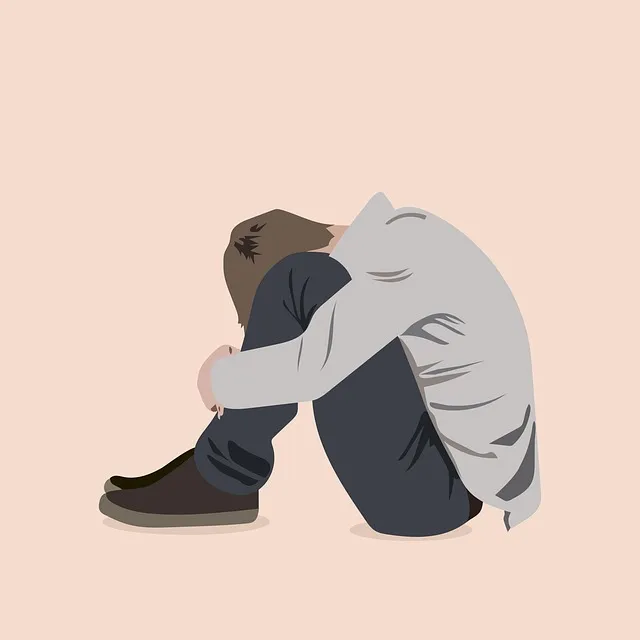The Kaiser Permanente mental health center in Boulder prioritizes a safe, supportive environment for successful group sessions, focusing on open communication, confidentiality, active listening, and stress management tools. Through inviting spaces, facilitators empower members to share vulnerabilities, build trust, and enhance mood management skills, fostering a sense of community and self-care.
Mental wellness group facilitation is an art that thrives in safe, supportive environments. This article explores proven techniques honed at the Kaiser Permanente mental health center Boulder, focusing on creating welcoming spaces and fostering trust among participants. We delve into strategies for effective group dynamic management, encouraging open communication, and leveraging activities to promote emotional expression and skill development. Additionally, we discuss ways to enhance self-care and build cohesive groups, ensuring members find continuous support beyond individual sessions.
- Establishing a Safe and Supportive Environment
- – Creating a welcoming atmosphere at the Kaiser Permanente mental health center Boulder
- – Techniques for building trust and fostering open communication among group members
Establishing a Safe and Supportive Environment

Creating a safe space is paramount when facilitating mental wellness groups, especially at a Kaiser Permanente mental health center in Boulder. Group facilitators should aim to foster an environment that encourages participants to feel seen, heard, and supported. This involves establishing clear ground rules, ensuring confidentiality, and promoting active listening among members. By fostering open communication and empathy, facilitators can help individuals build resilience and develop effective coping mechanisms.
At the Kaiser Permanente mental health center Boulder, implementing Burnout Prevention Strategies for Healthcare Providers and Stress Management Workshops Organization can significantly contribute to this goal. These initiatives not only promote self-care but also equip participants with tools to manage stress and enhance overall well-being. Resilience building is a key aspect that enables individuals to navigate challenges and setbacks, ultimately fostering a supportive ecosystem within the group setting.
– Creating a welcoming atmosphere at the Kaiser Permanente mental health center Boulder

At the Kaiser Permanente mental health center Boulder, creating a welcoming atmosphere is paramount to fostering effective group facilitation. The center strives to cultivate an inclusive and nurturing space where individuals feel comfortable opening up about their mental health journeys. Through thoughtful design and a warm, supportive environment, facilitators aim to build a sense of belonging among participants. This begins with inviting, brightly lit spaces that encourage interaction and ease any potential anxiety associated with joining a new support group.
The Kaiser Permanente mental health center Boulder also emphasizes the importance of empathy building strategies in their facilitation techniques. By encouraging active listening and fostering an environment where diverse experiences are respected, facilitators promote understanding and connection among group members. This supportive atmosphere is designed to enhance mood management skills and contribute to self-esteem improvement, ultimately creating a safe haven for individuals seeking mental wellness support.
– Techniques for building trust and fostering open communication among group members

Building a safe and supportive environment is key to effective group facilitation, especially at a Kaiser Permanente mental health center in Boulder. To foster open communication, facilitators should encourage active listening by ensuring every voice is heard and respected. This can be achieved through round-robin discussions, where each member shares their thoughts, and by creating ground rules that emphasize non-judgmental attitudes. By establishing trust, group members feel more comfortable expressing their vulnerabilities and personal experiences, fostering a sense of community.
Additionally, facilitators play a crucial role in modeling healthy communication patterns, demonstrating empathy, and offering Crisis Intervention Guidance when needed. Promoting Burnout Prevention through regular check-ins and encouraging the use of Stress Reduction Methods can further enhance group dynamics. These techniques not only strengthen intermember bonds but also equip participants with tools to navigate their mental health journeys effectively.
The Kaiser Permanente mental health center Boulder’s approach to group facilitation focuses on creating a safe, welcoming environment that encourages open communication. By employing techniques that build trust among participants, facilitators can foster a supportive tapestry where individuals feel empowered to share their experiences and insights. This inclusive atmosphere is key to enhancing mental wellness and promoting positive outcomes for all group members.






